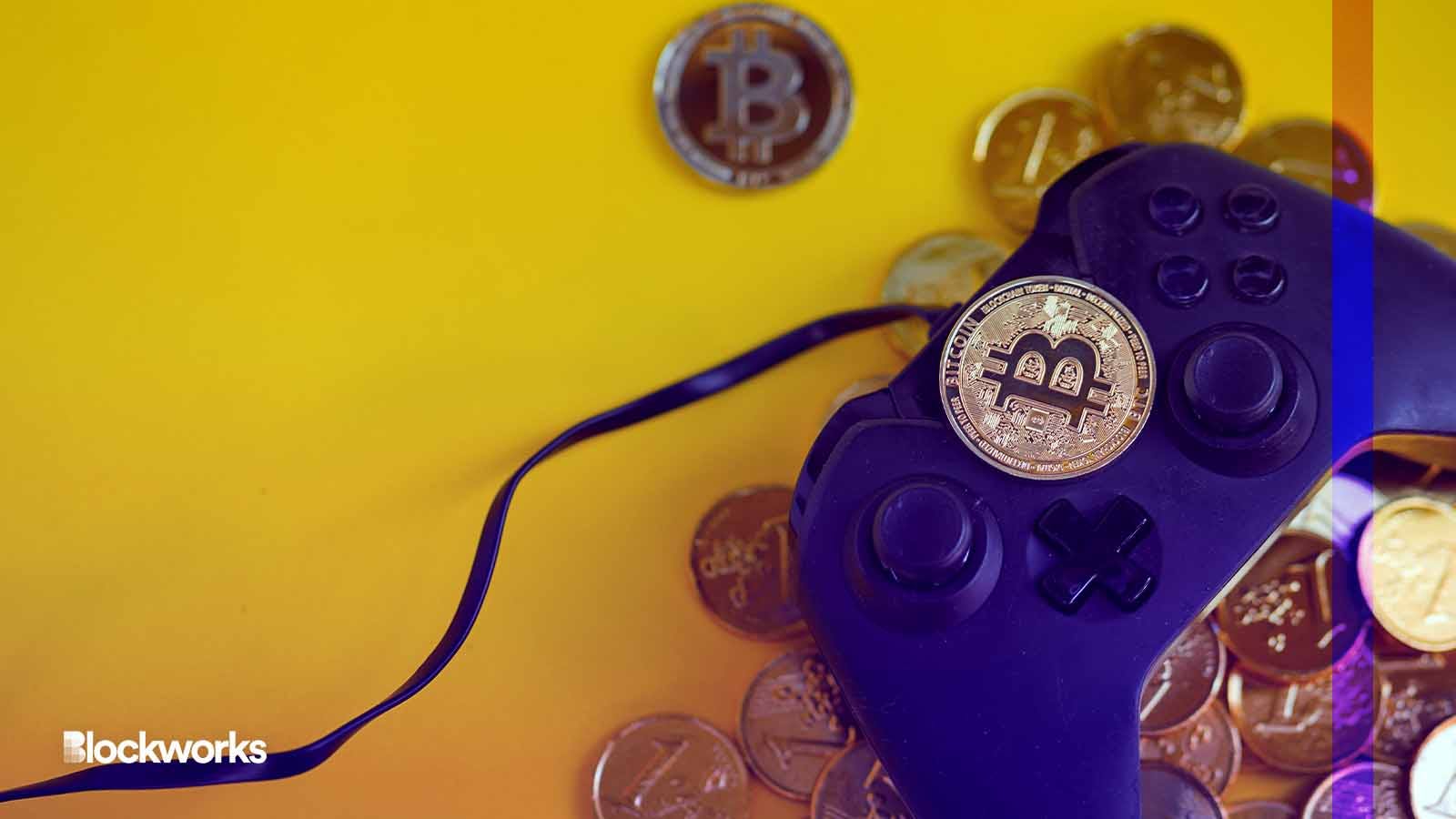Crypto games need ‘more shots on goal’ to win, says Framework Ventures’ Spencer
The Framework Ventures’ co-founder says the company’s on-chain gaming thesis hasn’t changed

enchanted_fairy/Shutterstock modified by Blockworks
Despite the ups-and-downs of the last year in crypto, Framework Ventures co-founder Vance Spencer said his on-chain gaming thesis hasn’t changed.
“It’s become clearer in terms of how it plays out,” he said, adding: “It takes probably a couple years to build a game” and a hundred or a hundred and fifty million dollars. “And that’s not even including marketing and advertising.”
At Blockworks’ Permissionless conference in Austin, Texas, Spencer said first-mover advantage will play an important role in who succeeds in the nascent crypto gaming subsector.
“That means that the people who started building in the last bull market, it’s probably going to be one of those to market first,” he said.
Spencer said the timing of potential on-chain game releases has also become more clear, with the expectation that “three to four to five well-financed, well built-out, important games” will launch within the next six to nine months.
“A lot of people want to own assets. It’s the difference between playing poker for fake money versus playing it for real money.”
Spencer insisted that crypto games can be fun, although they don’t seem to exist yet. “We just need more shots on goal.”
“If you think about DeFi back in 2020, 2021,” Framework Ventures co-founder Michael Anderson said, “a lot of those were just really incentivized games.” He explained it’s a matter of iteration, building on previous formulae but adding more fun elements to the picture.
Clones incoming
Spencer pointed to the Friend.tech phenomenon as an example of how the gaming market will likely play out on a larger scale. The layer-2 Base network social app emerged from a quiet Web3 social app scene, he said, suddenly drawing “five million revenue in the past two months.”
“All of a sudden, there’s 50 Friend.tech clones.”
It’s the same dynamic in every market, Spencer observed. The familiar pattern took place in early DeFi, with a few protocols proving product market fit, he said, after which “everybody chased them.”
“We’re now seeing the true believers build it out,” Spencer continued. “The next phase is going to be the chase, or one of them actually works and then all the [venture capitalists] get super fired up and start funding competitors.”
Having recently returned from Korean Blockchain Week, Spencer observed that developers from the region are building “probably 50 to 100 games in the next couple years.”
“It’s going to happen,” he said.
Comparing the relatively slow growth of successful crypto games, Spencer argued that many early internet ideas were not actually failures — they just took years to succeed, when key technological improvements finally enabled their original visions to work. “There was just a mobile phone size hole or some UI aspect that was missing.”
“That’s going to happen with crypto, as well.
Spencer appeared to feel most confident about growth in DeFi and real world assets, saying he sees “basically, 100% certainty of those growing another 10 to 100X.” On-chain gaming faces a more challenging path, with about 60 to 75% odds of being “absolutely huge,” Spencer said. “It’s just a matter of iteration.”
Get the news in your inbox. Explore Blockworks newsletters:
- The Breakdown: Decoding crypto and the markets. Daily.
- 0xResearch: Alpha in your inbox. Think like an analyst.






